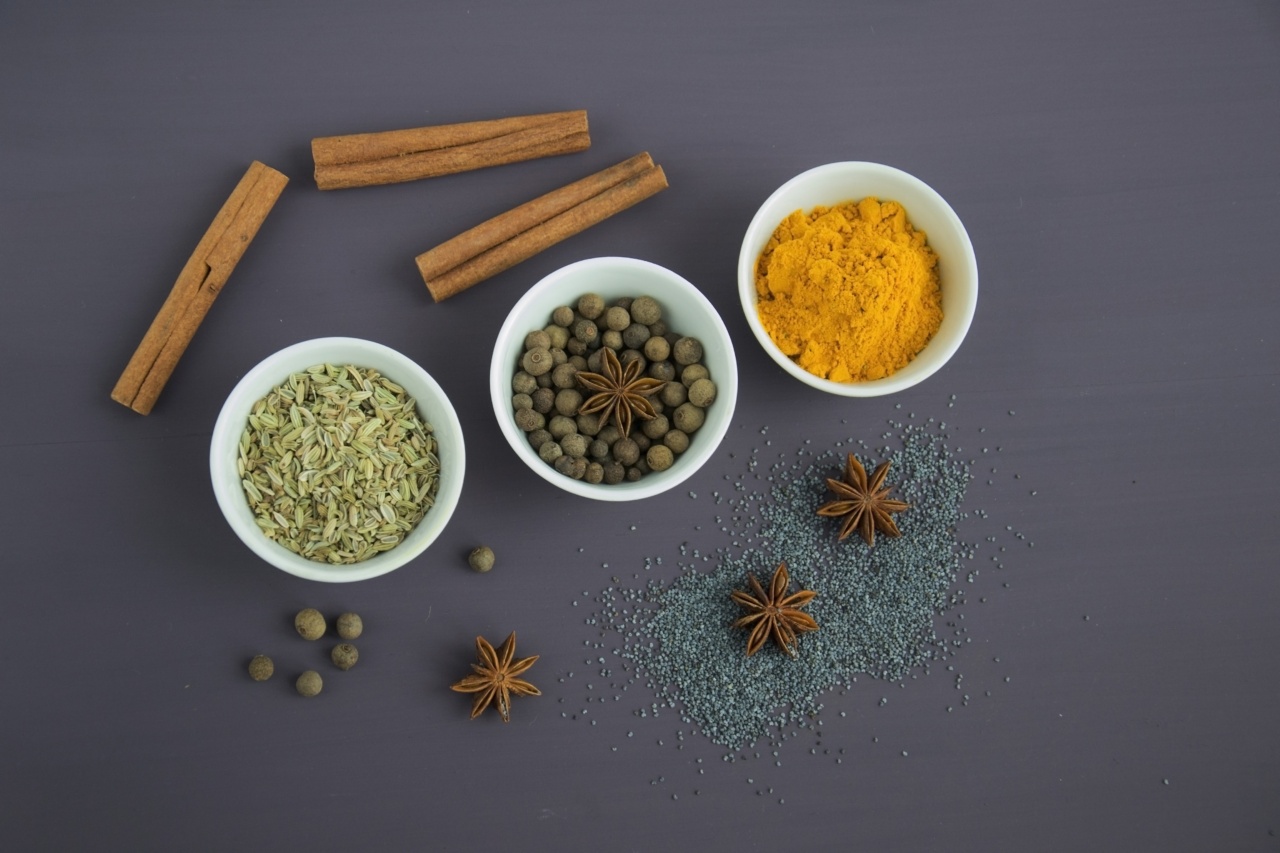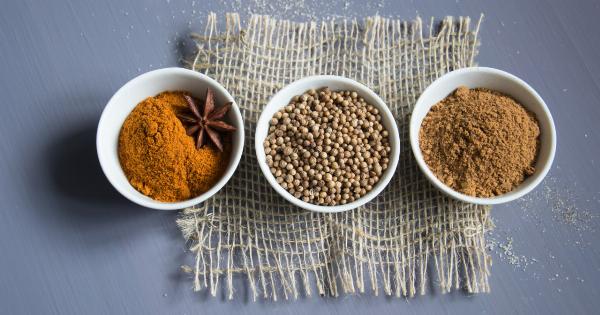Spicy foods are loved by many people around the world for their bold flavors and unique taste. However, there has been a long-standing belief that consuming spicy foods can lead to stomach ulcers.
In this article, we will explore the relationship between spicy foods and stomach ulcers and provide you with the information you need to know.
Understanding Stomach Ulcers
Stomach ulcers, also known as gastric ulcers, are open sores that develop on the lining of the stomach. These ulcers can cause a great deal of discomfort and pain. They occur when the protective layer of mucus that lines the stomach is eroded.
Stomach ulcers can have various causes, including infection with a bacterium called Helicobacter pylori (H. pylori), prolonged use of nonsteroidal anti-inflammatory drugs (NSAIDs), excessive alcohol consumption, and smoking.
However, the role of spicy foods in the development of stomach ulcers has been the subject of much debate.
Does Spicy Food Cause Stomach Ulcers?
Contrary to popular belief, spicy foods do not cause stomach ulcers. However, they can exacerbate the symptoms in individuals who already have ulcers.
The capsaicin compound present in spicy foods is often blamed for the aggravation of ulcers, but this is not entirely accurate.
Research has found that capsaicin does stimulate the release of gastric acid, which can increase stomach acidity. However, this increase in acidity is usually temporary and does not cause ulcers.
Nonetheless, individuals with existing stomach ulcers may experience a temporary worsening of symptoms such as pain and discomfort.
Treatment and Management of Stomach Ulcers
If you suspect that you have a stomach ulcer, it is important to seek medical attention for a proper diagnosis. Your doctor may perform tests to determine the cause of your ulcer and recommend appropriate treatment.
The treatment of stomach ulcers often involves a combination of medications and lifestyle changes. Doctors may prescribe antibiotics to eradicate H. pylori infection, along with medications that reduce stomach acid production.
Lifestyle modifications such as quitting smoking, avoiding NSAIDs, and reducing alcohol consumption can also play a significant role in recovery.
Managing Symptoms
While spicy foods do not directly cause ulcers, they can worsen the symptoms in some individuals. If you have a stomach ulcer, it is advisable to avoid consuming spicy foods or limit your intake.
It is important to listen to your body and pay attention to how certain foods make you feel.
If you find that spicy foods aggravate your symptoms, you may want to consider opting for milder alternatives. There are many delicious herbs and spices that can still add flavor to your meals without causing discomfort.
Myths and Misconceptions
Despite the lack of evidence linking spicy foods to the development of stomach ulcers, several myths and misconceptions persist. Let’s bust some of the common beliefs:.
Myth 1: Spicy foods cause stomach ulcers
As discussed earlier, spicy foods do not cause stomach ulcers. The root causes are typically factors such as H. pylori infection or NSAID use.
Myth 2: Avoiding spicy foods will cure an ulcer
While avoiding spicy foods may provide symptom relief, it is not a cure for stomach ulcers. Effective treatment involves addressing the root cause, such as treating H. pylori infection or reducing NSAID use.
Myth 3: All spicy foods are equally harmful
Not all spicy foods are created equal. Different spices and peppers have varying levels of capsaicin, which is the compound that gives them their spiciness. Some individuals may tolerate certain types of spicy foods better than others.
Conclusion
In conclusion, spicy foods do not cause stomach ulcers but can exacerbate symptoms in individuals who already have ulcers. It is crucial to differentiate between myths and facts when it comes to spicy foods and ulcers.
If you have a stomach ulcer, it is best to seek medical advice on suitable dietary choices and treatment options. Remember to listen to your body and make choices that promote your overall well-being.





























